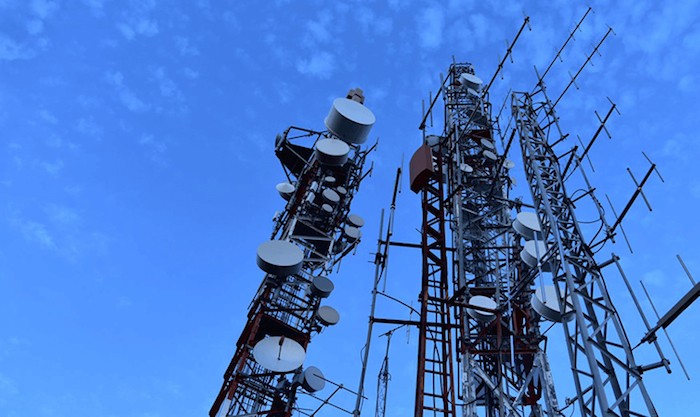Foreign investments in the telecommunication sector grew by 768.79 percent to $191.57 million in the first quarter of 2024, up from $22.05 million in the corresponding quarter of 2023.
This signals a return of foreign capital to a sector that could only attract $134.75 million in 2023, 42.17 percent less than what was raised in Q1, 2024 (and 239.02 percent less than the $456.83 million raised in 2022), according to capital importation data from the National Bureau of Statistics.
Telcos struggled to attract foreign investments in 2023 due to economic uncertainty. However, the harmonisation of the foreign exchange rate market, clearance of forex backlogs, naira devaluation and high interest rates (following a spike in the inflation rate) has sent positive signals to investors, according to analysts.
Karl Toriola, MTN Nigeria’s chief executive officer, said in the company’s financial report for 2023 that “2023 witnessed a very challenging operating environment characterised by rising inflation, currency devaluation and foreign exchange shortages.”
Read also: Telecoms investment hit $75.56bn in 2021
To navigate these FX shortages and a slowdown in foreign investments, operators in the sector relied on commercial papers, letters of credit, and new debts to fund their capital expenditures. MTN Nigeria’s total debt grew by 70.69 percent to N1.18 trillion from N689.67 billion.
These new investments are expected to boost broadband rollout in a country that aims to improve connectivity by plugging a 90,000km fibre gap. Industry experts have said the telecom industry requires at least $3.4 billion in investments in fibre infrastructure to meet a 70 percent broadband target.
The mobile industry is capital-intensive, according to GSMA, the global body for telcos. “The consequence of a more financially sustainable environment would be increased investment into network coverage and capacity. It would accelerate investment into upgrading networks for the latest generations of mobile technology, particularly for the smaller operators in the Nigerian market,” GSMA said in its latest report on Nigeria.
